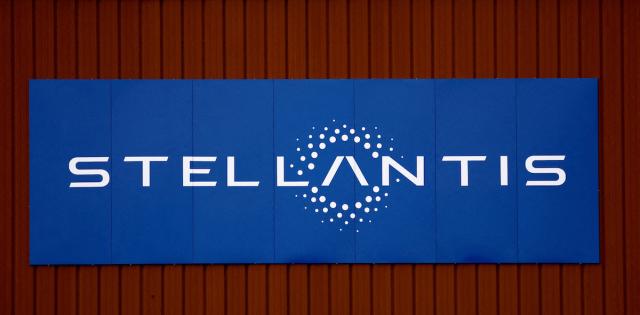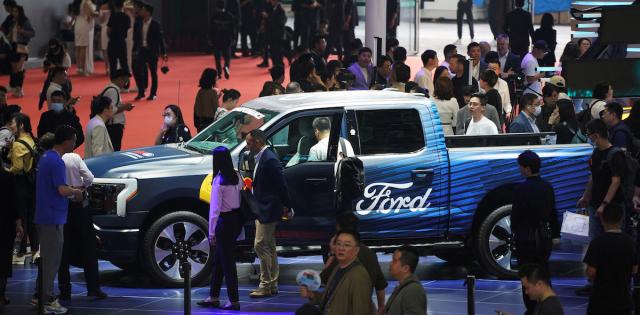NADA Chairman Rhett Ricart Speaks to Automotive Press Association on What Post-COVID Means for Dealers, Customers and OEMs
TYSONS, Va. (Nov. 18, 2020)—On Tuesday, National Automobile Dealers Association (NADA) 2020 Chairman Rhett Ricart virtually addressed members of the Automotive Press Association (APA) about the impact of COVID-19 on the auto retail industry and the adaptations required for dealers and OEMs to remain successful in a post-COVID world.
Ricart’s remarks were informed by an NADA dealer survey taken between July 6 and 30, 2020, which garnered key insights on dealers’ business model adaptations and areas of focus for auto manufacturers post-crisis.
“While we know the pandemic accelerated customer adoption of a fully digital sale, we also know that many, many customers will still want to do what they’ve done before, which is start the sales and financing process online, but come to the store at some point to complete the transaction,” said Ricart, who represents new-car dealers in Ohio on NADA’s board. “This doesn’t mean that these digital services will work for every customer in every instance. But it does mean that dealers should have the capability to make these services work for every single customer that wants to capitalize on them.”
Ricart highlighted additional customer demand shifts related to the vehicle sales process and stressed that to be successful and credible with digital retailing, the sales process must be flexible and transparent to the consumer.
“Most dealers believe that as the digital retail experience evolves, OEMs need to rethink their costly and ever changing image programs to better align with the evolving consumer – a customer that places a far, far higher premium on flexibility and convenience than they do on rigidity and opulence,” added Ricart. “These mausoleum mandates do nothing to help dealers or the customers they serve.”
Ricart stressed the importance of simplifying OEM incentives to support digital retailing:
64% of franchised dealers said simplifying incentives has to be the top thing their automaker partners embrace in order to effectively embrace and harness the change that is happening in customer preferences all across America. To be successful and credible with digital retailing, the sales process must be transparent to the consumer. For the benefit of the consumer, OEMs need to make dealership incentives as simple and non-complex as possible.
While operating in the coronavirus environment, Ricart praised dealers’ ability to adapt quickly and support the transportation needs of customers across the county while simultaneously exceeding customer satisfaction.
“In a pandemic, when dealers have had to change so many elements of the store on the fly, with inventory levels at historic lows, with new and used car prices at record highs, our customers are reporting that they’ve never been happier with the sales process that they’re getting at their franchised dealerships. By the millions. That is a testament to the work the dealers have done to meet their customers where they are comfortable – physically and logistically. And with flexibility and transparency.”
Media Contacts

Jared Allen





